From Noob to Pro in Language – Babbel.
7 min read
Babbel is a language learning app that is subscription based to help you learn 14 languages offered on their platform. The format of the app is curriculum-based with pre-recorded content and there is no live interaction involved.
Who is Babbel For?
Babbel is a language-learning app that offers interactive courses in various languages. The app is designed to help users learn new languages through a combination of speaking, listening, reading and writing exercises. Babbel’s lessons are created by a team of language experts and are based on the latest language-learning research. The app is available on multiple platforms including web, iOS, and Android. Babbel offers a variety of languages such as Spanish, French, German, Italian, Portuguese, Russian, Chinese, and Turkish. Each course includes grammar and vocabulary exercises, interactive dialogues, and speech recognition technology to help users improve their pronunciation. Babbel also offers a subscription service which gives you access to all the languages and courses.
Why learning foreign language can give you a career growth
Learning a foreign language can provide a number of benefits for career growth, including:
- Increased job opportunities: Being able to speak more than one language opens up a wider range of job opportunities, particularly in fields such as international business, diplomacy, tourism, and translation.
- Improved communication and collaboration: Being able to speak a foreign language allows for improved communication and collaboration with colleagues and clients from different cultural backgrounds.
- Enhanced problem-solving and decision-making skills: Learning a foreign language requires the ability to think abstractly and creatively, which can improve problem-solving and decision-making skills that are valuable in any field.
- Greater cultural understanding: Learning a foreign language provides insight into the culture and customs of the country where the language is spoken, which can be beneficial in business and other professional interactions.
- Improved competitiveness: In a globalized job market, being able to speak a foreign language can make you stand out from other job candidates and make you more attractive to employers.
- Increased Earning potential: Knowing a foreign language can increase earning potential, as it can open up new opportunities for advancement and higher paying jobs.
In addition, the ability to speak more than one language is becoming increasingly valued in today’s globalized world. Employers are looking for professionals who can communicate effectively across borders and cultures, and having language skills can be a significant advantage in the job market.

How Babbel Teaches You to Speak Like a Native Speaker
Babbel uses a variety of methods to help users learn to speak like a native speaker, including:
- Real-life conversations: Babbel’s lessons focus on real-life conversations, which are designed to help users learn the language in context. The app uses interactive dialogues, which are designed to help users understand how the language is used in different situations.
- Speech recognition technology: Babbel uses speech recognition technology to help users improve their pronunciation. The app can analyze a user’s speech and provide feedback on their pronunciation, helping them to sound more like a native speaker.
- Vocabulary and grammar exercises: Babbel’s lessons include a variety of vocabulary and grammar exercises to help users learn the building blocks of the language. The exercises are designed to be interactive and engaging, to make the learning process more effective.
- Adaptive learning: Babbel uses an adaptive learning algorithm that adapts to the user’s learning style and progress. The app tracks the user’s progress and adjusts the difficulty level accordingly to ensure they are always challenged but not overwhelmed.
- Focus on important phrases and words: Babbel focuses on teaching important phrases and words that are commonly used in everyday conversation. This enables users to start speaking the language right away and feel more confident in their ability to communicate effectively.
- Native speakers as tutors: Babbel uses native speakers as tutors, to help users learn how the language is spoken in real life. The tutors provide feedback and guidance on the user’s pronunciation and grammar, helping them to sound more like a native speaker.
With Babbel Review Your Language Proficiency
Babbel offers a variety of tools to help users review and assess their language proficiency, including:
- Progress tracking: Babbel tracks the user’s progress throughout their course, providing detailed statistics on their performance, including their score in each lesson, the number of words learned, and the number of exercises completed.
- Review and repetition: Babbel encourages users to review and repeat material to help them retain the information they’ve learned. The app has a built-in repetition feature that reminds users to review previously learned material, making sure that they don’t forget what they have learned.
- Tests and quizzes: Babbel includes tests and quizzes throughout the course to help users evaluate their progress and measure their proficiency in the language. These tests are designed to be interactive and engaging, making it easy for users to assess their understanding of the material.
- Speech recognition technology: Babbel uses speech recognition technology to evaluate the user’s pronunciation and provide feedback on their accent. This can help users identify areas where they need to improve and make adjustments to their speech to sound more like a native speaker.
- Language proficiency certification: Babbel offers a certificate of proficiency for users who complete a course. The certificate is based on the user’s performance in the course, and provides an official recognition of their language skills.
- Adaptive learning: Babbel uses adaptive learning algorithm that adapts to the user’s learning style and progress. The app tracks the user’s progress and adjusts the difficulty level accordingly to ensure they are always challenged but not overwhelmed.
These tools, in combination with Babbel’s method of teaching, can help users to monitor their progress and evaluate their proficiency in the language. Users can also monitor their progress and see where they have improved and where they need more practice.

Babbel Teaches You Colloquial Language First
Colloquial language is often considered the most useful and practical aspect of a language, as it is the language spoken in everyday conversation, media and interpersonal communication. Babbel’s approach is to focus on the most useful and practical aspects of the language, in order to help learners be able to communicate effectively in real-life situations as soon as possible.
In addition, Babbel’s courses are tailored to the user’s specific needs and goals. They offer a variety of courses such as travel, work, and socializing, which are designed to help users learn the language in the context of specific situations. This approach makes the learning process more relatable and practical, helping users to acquire the language as quickly as possible, and as efficiently as possible.
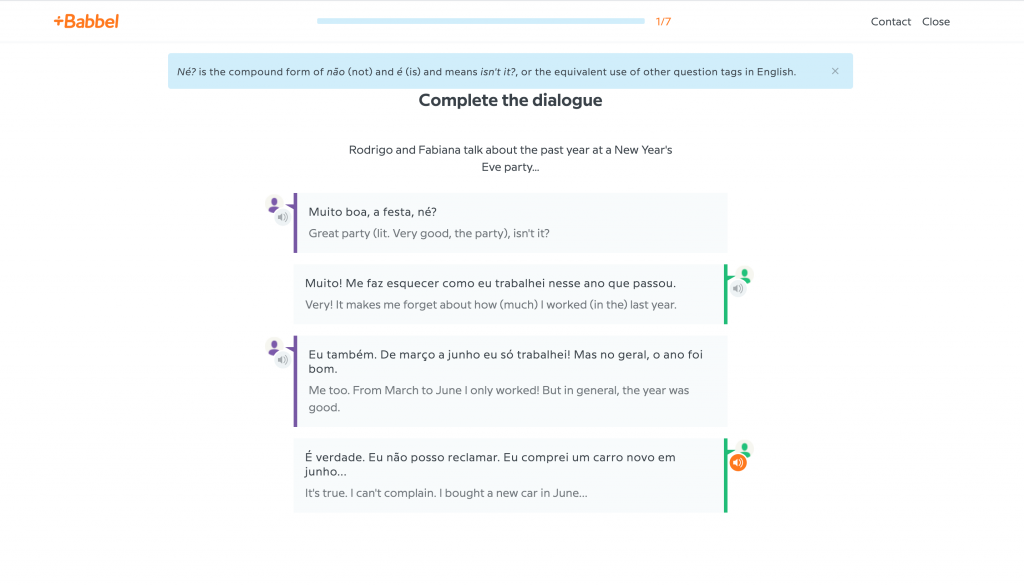
This approach is different from traditional language learning methods, which often focus on formal language and grammar rules first. Babbel’s believes that by starting with colloquial language, users will be able to start speaking the language right away and feel more confident in their ability to communicate effectively.
No Easy Takeaway Lessons in Babbel
Babbel’s is designed to be a comprehensive language learning tool, and as such, it does not offer easy takeaway lessons. The app emphasizes on a gradual and steady progress in language learning. The lessons are designed to be interactive and engaging, to make the learning process more effective.
Babbel’s approach is to teach the language in context, which is a more effective way to learn a language than memorizing lists of words and phrases. The app’s lessons are based on real-life conversations, which are designed to help users learn the language in context. The interactive dialogues and vocabulary exercises are tailored to the user’s specific needs and goals, making the learning process more relatable and practical.
Users are also encouraged to review and repeat material to help them retain the information they’ve learned. The app has a built-in repetition feature that reminds users to review previously learned material, making sure that they don’t forget what they have learned. This approach emphasizes on a gradual and steady progress in language learning.
In Conclusion: Does Babbel Work?
Babbel has been praised for its interactive and engaging approach to language learning, and for its use of real-life conversations and speech recognition technology to help users improve their pronunciation. The app’s adaptive learning algorithm that adapts to the user’s learning style and progress is also a plus.
Additionally, Babbel’s focus on colloquial language and its emphasis on teaching the language in context, as well as its comprehensive approach to language learning, are all elements that can be beneficial for language learners.
It’s worth noting that like with all language learning method, Babbel works best when combined with other methods such as listening to music, watching TV shows or movies, reading books or articles, and speaking with native speakers.
It’s also worth noting that while Babbel can be a helpful tool for learning a new language, it’s not a magic solution and it requires dedication, practice and consistency in order to see progress.

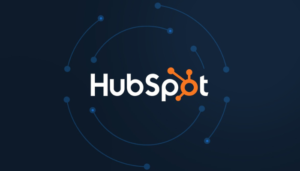
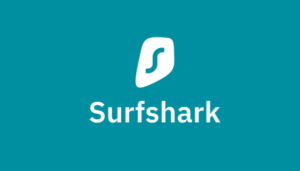
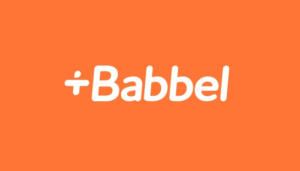

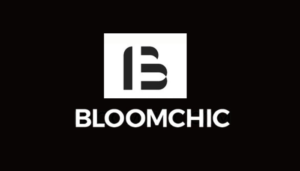

28 thoughts on “From Noob to Pro in Language – Babbel.”
Comments are closed.